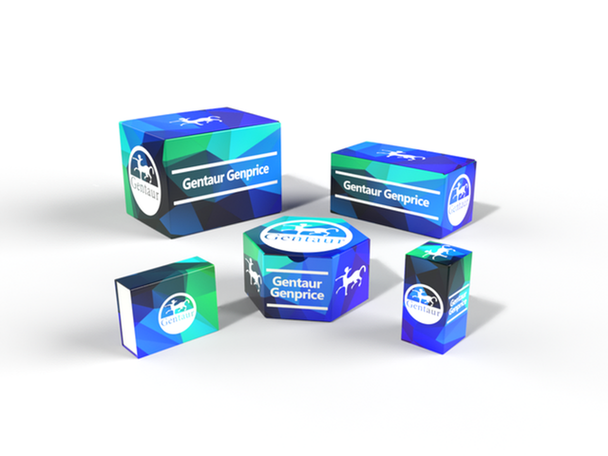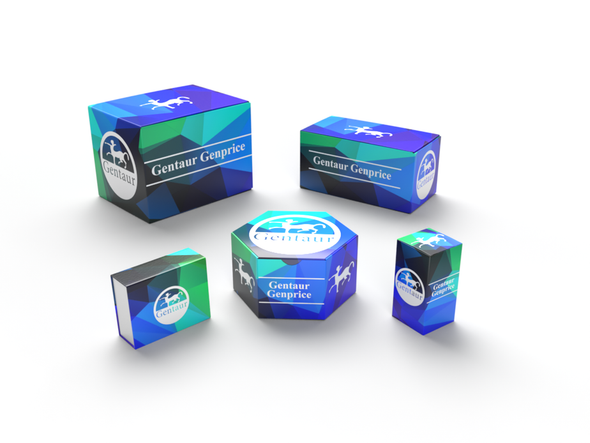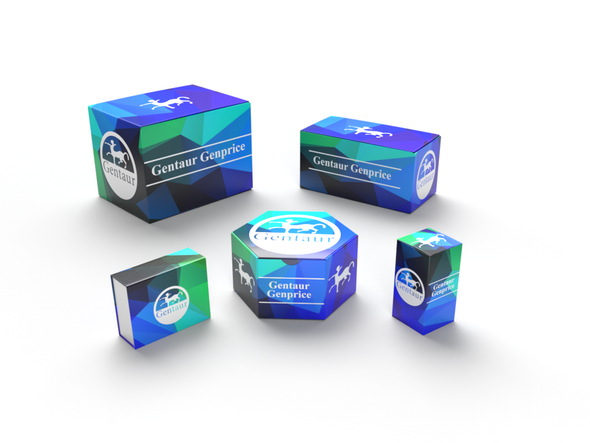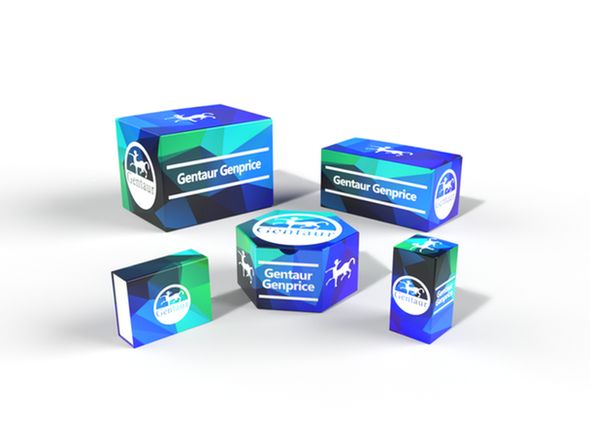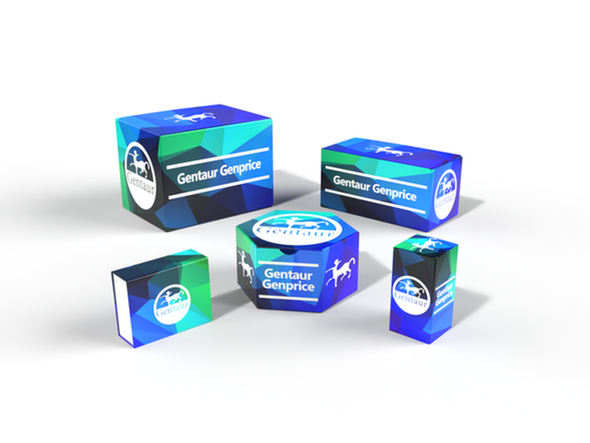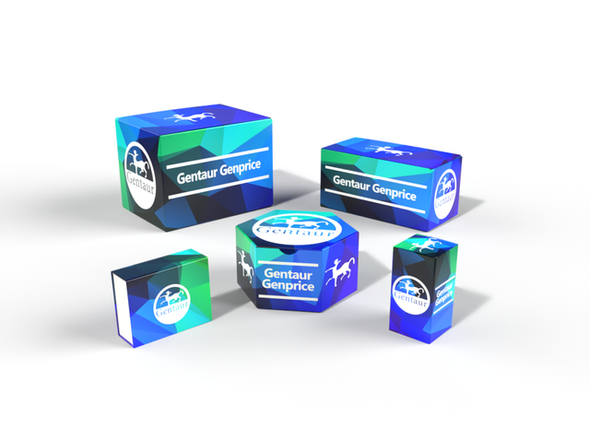Description
ACSL4 Antibody | 61-418 | Gentaur UK, US & Europe Distribution
Host: Rabbit
Reactivity: Human
Homology: N/A
Immunogen: This ACSL4 (FACL4) antibody is generated from rabbits immunized with a KLH conjugated synthetic peptide between 236-267 amino acids from the Central region of human ACSL4 (FACL4) .
Research Area: Signal Transduction
Tested Application: WB, IHC-P, IF
Application: For WB starting dilution is: 1:1000
For IF starting dilution is: 1:10~50
For IHC-P starting dilution is: 1:50~100
Specificiy: N/A
Positive Control 1: N/A
Positive Control 2: N/A
Positive Control 3: N/A
Positive Control 4: N/A
Positive Control 5: N/A
Positive Control 6: N/A
Molecular Weight: 79 kDa
Validation: N/A
Isoform: N/A
Purification: This antibody is prepared by Saturated Ammonium Sulfate (SAS) precipitation followed by dialysis
Clonality: Polyclonal
Clone: N/A
Isotype: Rabbit Ig
Conjugate: Unconjugated
Physical State: Liquid
Buffer: Supplied in PBS with 0.09% (W/V) sodium azide.
Concentration: batch dependent
Storage Condition: Store at 4˚C for three months and -20˚C, stable for up to one year. As with all antibodies care should be taken to avoid repeated freeze thaw cycles. Antibodies should not be exposed to prolonged high temperatures.
Alternate Name: Long-chain-fatty-acid--CoA ligase 4, Long-chain acyl-CoA synthetase 4, LACS 4, ACSL4, ACS4, FACL4, LACS4
User Note: Optimal dilutions for each application to be determined by the researcher.
BACKGROUND: Long chain acyl-CoA synthetase (LACS) , or long chain fatty acid-CoA ligase (FACL) , converts free long chain fatty acids into fatty acyl-CoA esters, key intermediates in the synthesis of complex lipids. The FACL4 gene encodes a form of LACS and is expressed in several tissues, including brain. FACL4 cDNA from brain encodes a gene product that shows preference for arachidonic acid as a substrate when expressed in mammalian cells.1 The sequence of the predicted 670-amino acid human protein is 97% identical to that of rat ACS4. FACL4 is highly expressed in adult human brain, especially in the cerebellum and hippocampus, similar to the mouse.2 A strong cytoplasmic staining was found in the Purkinje and granular cells of the cerebellum and the pyramidal layer of hippocampus, indicating that FACL4 is specifically expressed in neurons and not in glial cells. Two patients with Alport syndrome, elliptocytosis, and mental retardation carried a large deletion of the COL4A5 region that included FACL4.3 The absence of FACL4 might play a role in the development of mental retardation or other signs associated with Alport syndrome. Two point mutations, 1 missense and 1 splice site change, were reported in the FACL4 gene in 2 families with nonspecific mental retardation.2 Analysis of enzymatic activity in lymphoblastoid cell lines of affected individuals revealed low levels compared with normal cells, indicating that both mutations are null mutations.

